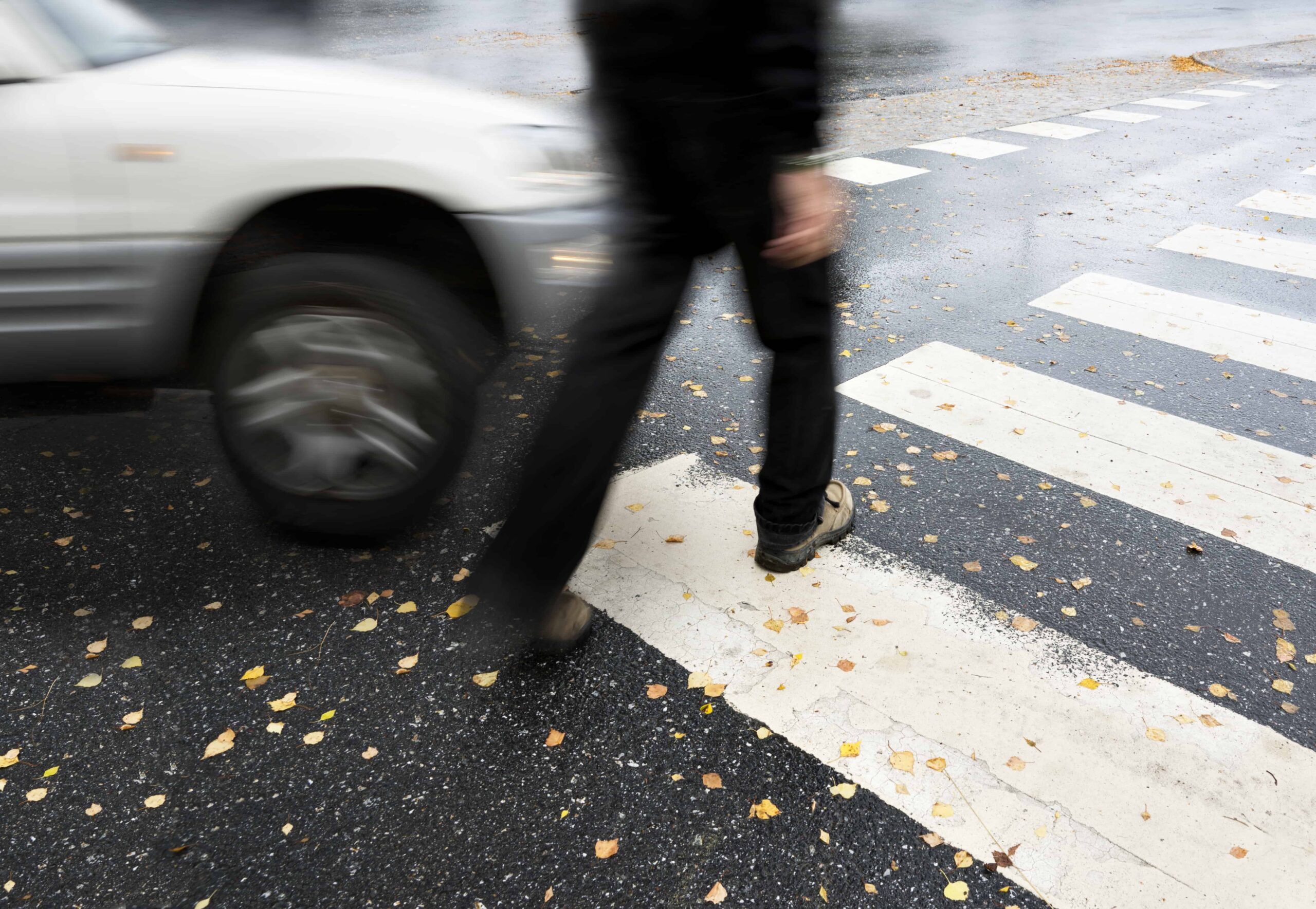Car Accident Lawyer
Car accidents can lead to devastating consequences, causing property damage, injuries, or even loss of life. While the driver holds the primary responsibility for ensuring a safe journey, passengers can significantly contribute to preventing accidents. Here’s what passengers can do to help foster a safer environment on the road according to a car accident lawyer with our friends at MartinWren, P.C.:
- Avoid Distracting the Driver: One of the simplest, yet most crucial things a passenger can do is avoid distracting the driver. This includes excessive talking, loud music, constantly adjusting vehicle controls, or other activities that could divert the driver’s attention. Remember, driving requires a high degree of focus and any diversion can lead to accidents. Not to say that you have to sit in silence, but if you notice that the car is heading into heavy traffic, it’s best to quiet down.
- Be a Co-pilot: As a co-pilot, passengers can help the driver in multiple ways. This can include checking the GPS, assisting with directions, adjusting the radio or climate controls, or answering the driver’s phone calls hands-free. Also, the co-pilot can help keep an eye on the road, alerting the driver to potential dangers they may not have noticed.
- Encourage Safe Driving Practices: Passengers should encourage and support safe driving behaviors. If the driver is speeding, not wearing a seatbelt, or engaging in risky maneuvers, passengers should speak up. Encourage the driver to follow traffic laws, adhere to speed limits, and maintain a safe distance from other vehicles. At the end of the day, safety is the most important thing.
- Stay Calm and Maintain a Peaceful Environment: Emotional distress can affect a driver’s ability to focus. Passengers can help by maintaining a calm environment inside the car. Heated discussions or arguments can lead to road rage or emotional driving, which can increase the risk of an accident. On the other side, so can being over the top. If you are worried about your driver being too emotional, ask them to pull over until they are ready to move forward.
- Help Monitor the Driver’s Fitness to Drive: Passengers can help prevent accidents by monitoring the driver’s physical and mental state. If the driver seems fatigued, drunk, or under the influence of drugs, passengers should prevent them from driving. Similarly, if the driver is too upset or angry, it’s better to wait until they calm down before proceeding with the journey.
- Follow Proper Safety Measures: Passengers must also ensure their own safety by wearing seat belts and using appropriate child restraints for young passengers. They should avoid any behavior that might put themselves or others in danger, such as sticking their hands or head out of the window, or throwing anything out of the car.
- Assist with Vehicle Maintenance Checks: Although it is primarily the driver’s responsibility, passengers can assist with basic vehicle checks like ensuring the headlights and brake lights are working, the tires are adequately inflated, and the mirrors are correctly adjusted. Drivers do not spend a lot of time on the passenger side of things, so you may see something a driver has not noticed.
- Encourage Breaks During Long Journeys: During long drives, passengers should encourage the driver to take regular breaks. Breaks help to prevent fatigue, maintain concentration, and can make the journey more enjoyable.
- Call for Help if Needed: In case of an emergency, passengers can call for assistance. They can contact roadside assistance services, police, or ambulance depending on the situation.
As passengers, individuals have a role to play in road safety. By adhering to these guidelines, they can contribute to safer journeys and help prevent car accidents. A collaborative effort from both drivers and passengers can significantly reduce the risk of accidents, making our roads safer for everyone. If you do get into an accident, contact a lawyer near you for help.

